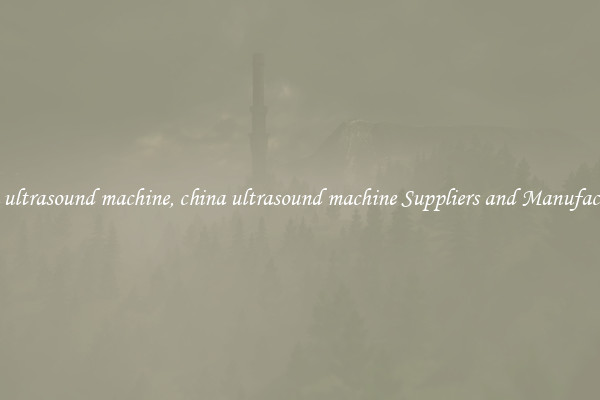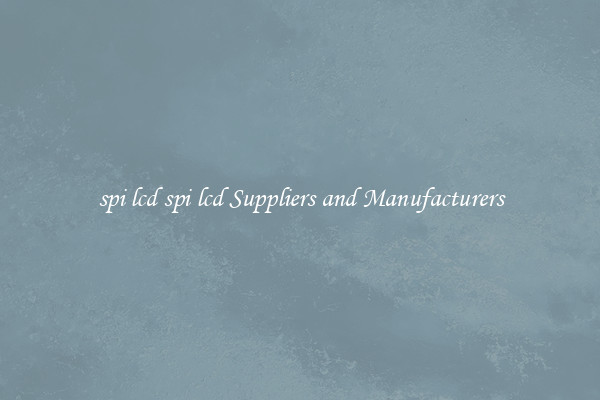textile recycle machine textile recycle machine Suppliers and Manufacturers
Textile recycling is becoming increasingly important in today's environmentally conscious world. As the fashion industry continues to grow, so too does the amount of textile waste produced. In an effort to combat this issue, textile recycle machines have been developed to efficiently process and recycle textiles.

Textile recycle machines are designed to break down used textiles into their basic fibers, allowing them to be reused to create new fabrics. These machines use a variety of processes, such as shredding, grinding, and carding, to effectively break down the textiles without compromising the quality of the fibers. This allows for the recycling of a wide range of textiles, including clothing, bedding, and upholstery.
There are a number of textile recycle machine suppliers and manufacturers that offer a variety of machines to suit different needs and requirements. These machines range in size and capacity, with some designed for industrial use and others more suitable for smaller-scale operations. Some suppliers also offer customization options to tailor the machines to specific recycling needs.
One key benefit of textile recycle machines is the reduction of waste sent to landfills. By recycling textiles, the amount of waste produced is significantly decreased, helping to alleviate the strain on our planet's limited resources. Additionally, recycling textiles helps to reduce the need for new raw materials, further conserving natural resources and reducing the environmental impact of textile production.
Furthermore, textile recycling can also have economic benefits. By recycling textiles, manufacturers can reduce their production costs by using recycled fibers instead of new ones. This can lead to cost savings that can be passed on to customers, making sustainable fashion more accessible and affordable.
In conclusion, textile recycle machines play a vital role in the textile recycling process. They offer a sustainable solution to the growing issue of textile waste, allowing for the reuse of textiles and reducing the environmental impact of textile production. With a wide range of suppliers and manufacturers offering these machines, businesses and individuals can easily incorporate textile recycling into their operations and contribute to a more sustainable future.

View details

View details

View details

View details








